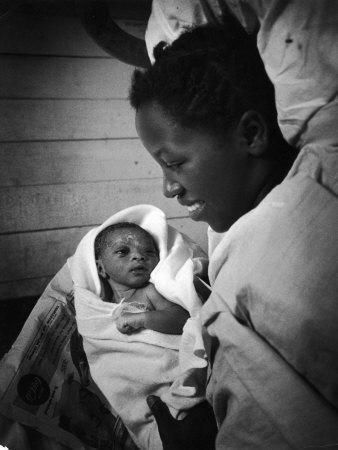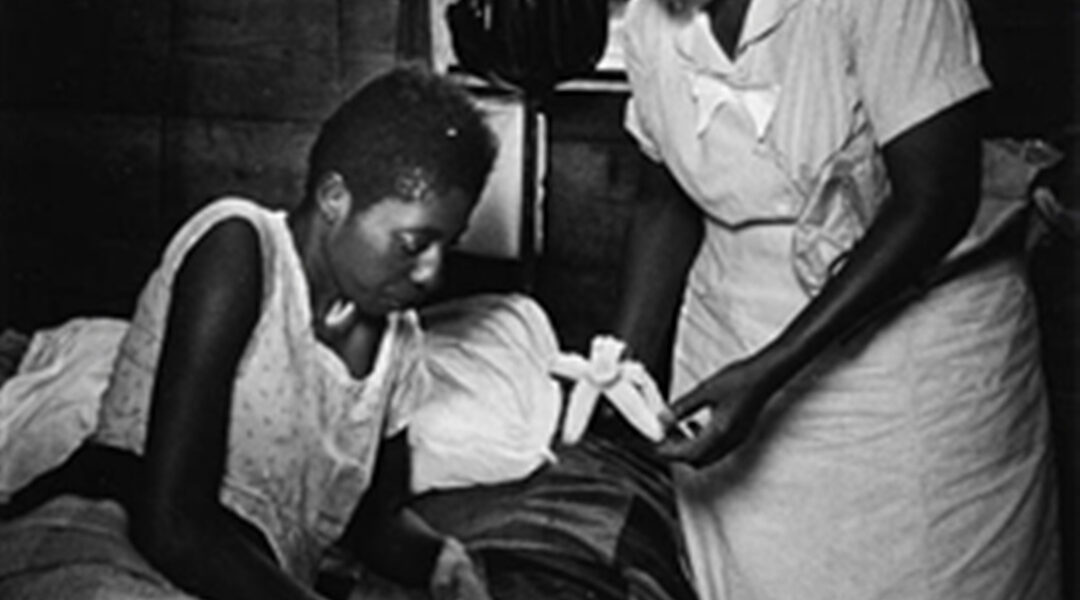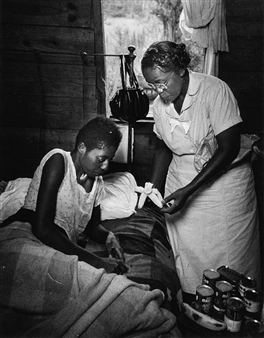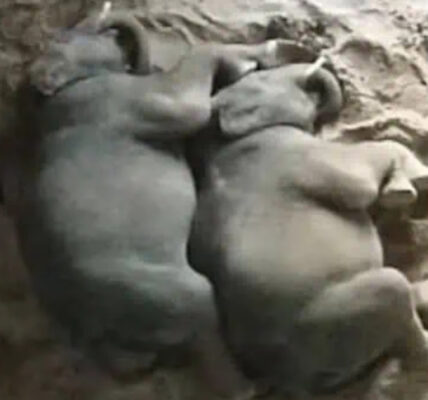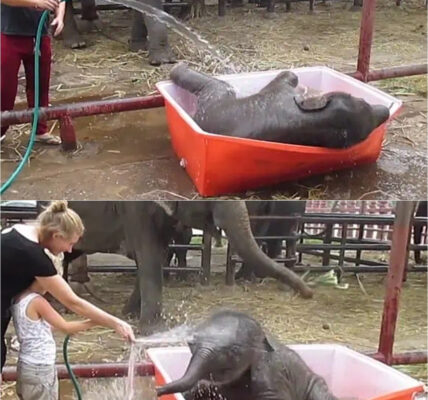In the quiet Lowcountry of South Carolina, where roads once ended in mud, creeks, and pine forests, one woman carried the weight of life and hope on her shoulders for more than six decades. Her name was Maude Callen — a nurse-midwife whose story became not just local legend, but a testament to what it means to dedicate a life to others.

Born in 1898, Maude grew up knowing hardship, but she also carried within her a profound sense of duty. After her training, she returned to rural Berkeley County, where paved roads were nonexistent and medical care was scarce. Her clinic was not a gleaming hospital but a simple home, yet from those humble walls came miracles.
For 62 years, Maude delivered life itself. Between 600 and 800 babies were brought safely into the world by her hands. Often, she would park her car miles away and wade through mud, brush, and streams to reach her patients. Sometimes she was the only person standing between a mother and tragedy, the only comfort in the dark hours of pain. Her practice stretched across 400 square miles, and every family within that reach knew her name.
To the people she served, she wasn’t just a nurse. She was counselor, healer, teacher, and protector. They called her an angel.
A Story Shared with the World

In 1951, the world beyond Pineville came to know her through the lens of photographer W. Eugene Smith. His Life magazine photo essay, Nurse Midwife, captured Maude in the fields, on the porches, kneeling beside the frail and the sick, holding newborns to the light.
Smith later said the series was the most rewarding work of his career — not because of the photographs themselves, but because of the woman they revealed. He called Maude “the most completely fulfilled person I have ever known.”
Those images, raw and tender, gave America a glimpse of a quiet heroism few had ever seen.
A Life of Relentless Service
Maude finally retired from her nursing practice in 1971. Yet retirement did not mean rest. She turned her energy toward the elderly, petitioning officials to establish a Senior Citizens Nutrition Site. From her old clinic, volunteers began cooking and delivering meals five days a week, driving seniors to appointments, and creating a community where there had once been isolation. And once again, Maude herself led by example, managing the center as a volunteer.
Even the White House could not lure her away from her duties. When President Ronald Reagan invited her to visit, she declined. Her words were simple, but they revealed the essence of her life:
“You can’t just call me up and ask me to be somewhere. I’ve got to do my job.”

Her job, as she saw it, was never finished.
A Legacy of Love
When Maude Callen passed away in 1990, she left behind no monuments, no fortune, no fame-seeking headlines. Instead, she left behind generations of families who had entered the world by her side, elders who had been fed and cared for, and a community forever changed by her unwavering devotion.
The photographs of her still circulate today — an old woman in a simple dress, tenderly holding the hand of someone who had nothing else. Her face is lined not just with age, but with the weight of thousands of lives she carried.
She reminds us that greatness is not always loud or celebrated in its own time. Sometimes, it is the steady, unbroken rhythm of service. Sometimes, it is a nurse-midwife walking barefoot through mud to reach a mother in labor.
Maude Callen was not famous. She was not wealthy. But in her hands, the sick found comfort, the hungry found care, and the helpless found hope.
Her life was proof that compassion can transform an entire community — and that even in the smallest of towns, one person’s light can shine bright enough for the world to see.
